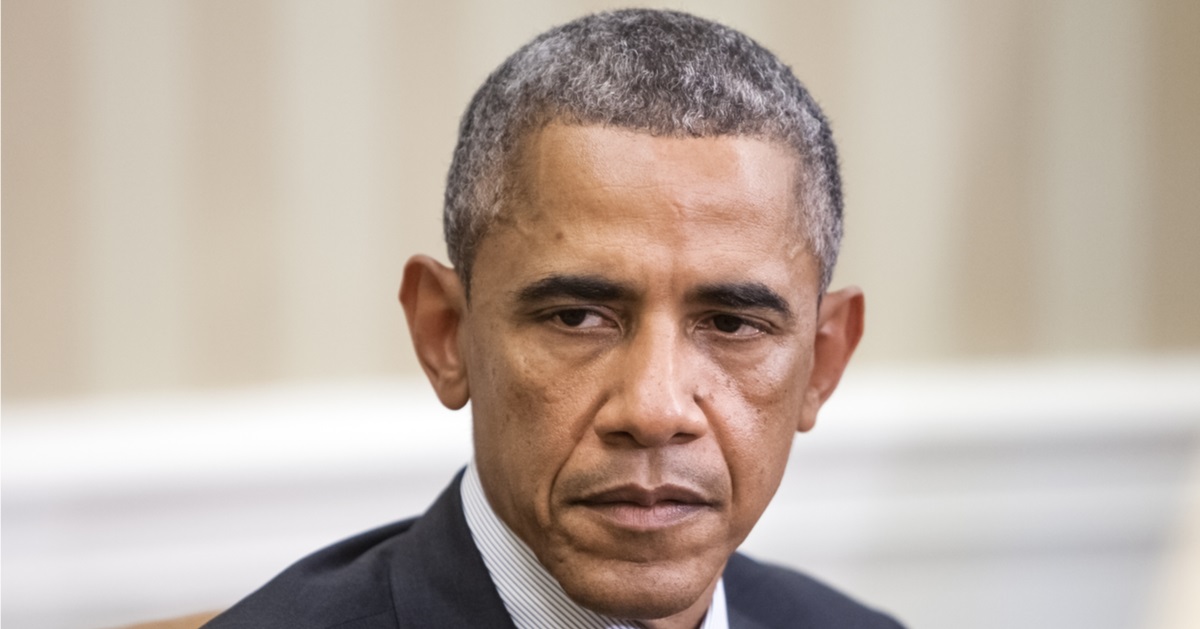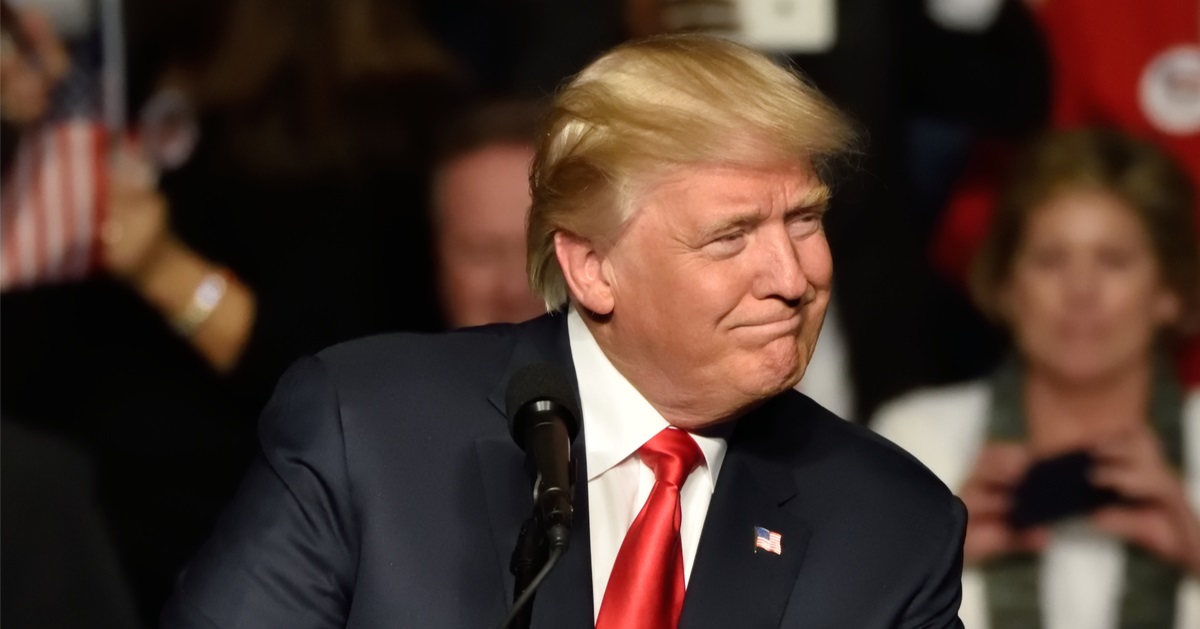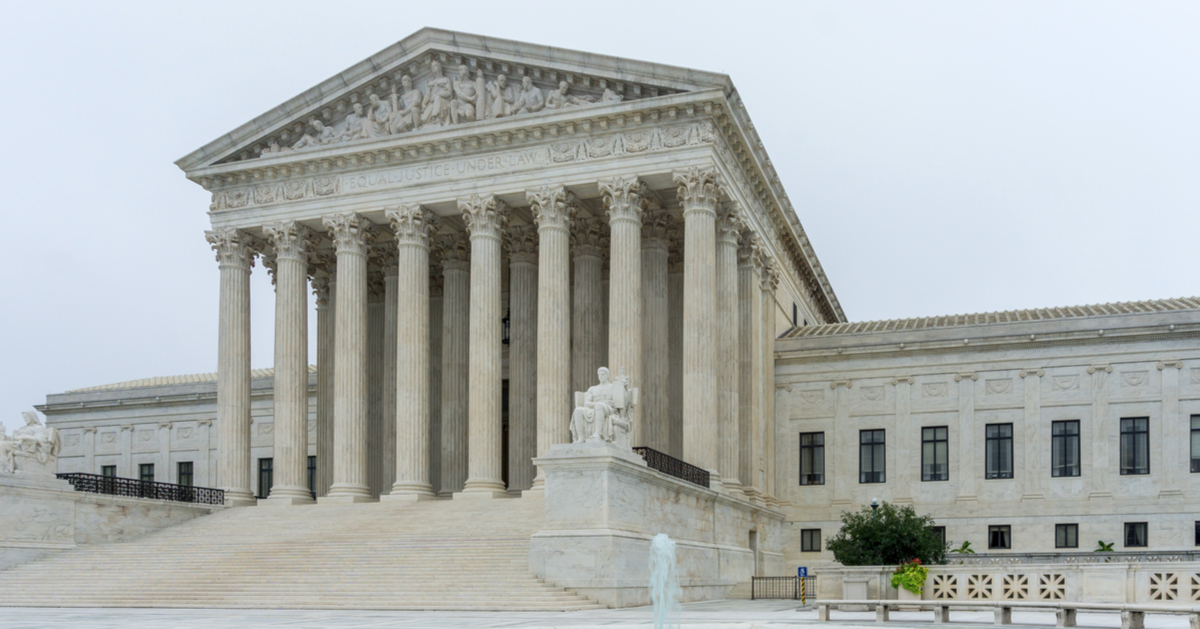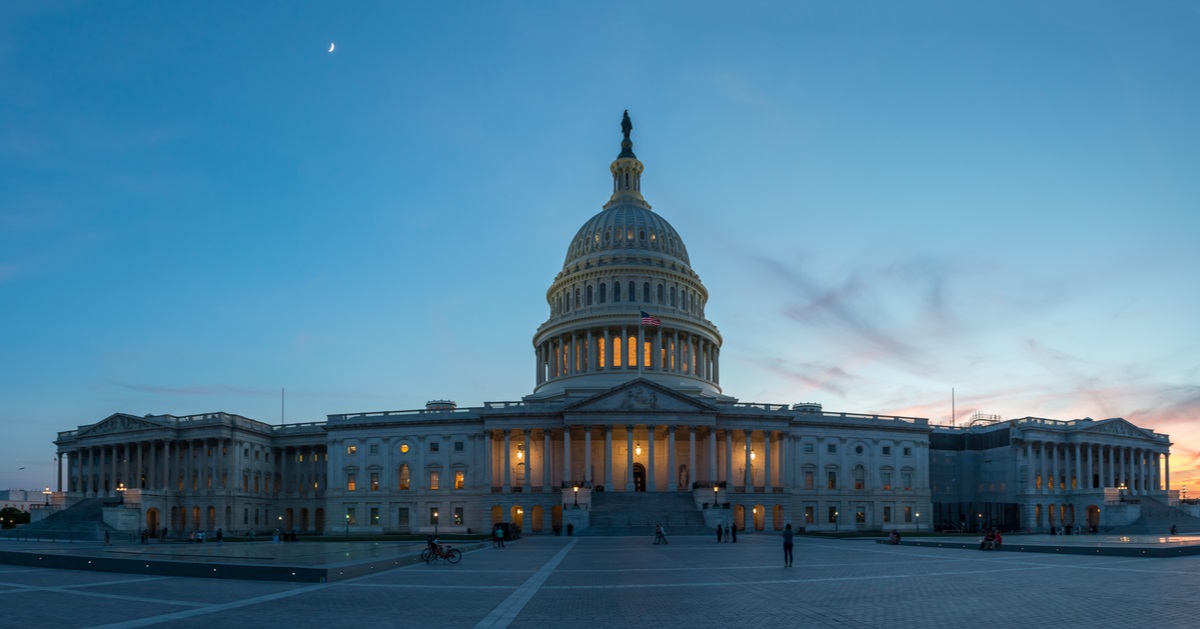The controversy began when the Democratic National Committee (DNC) challenged Stein's eligibility, arguing that the Green Party's lack of legislative representatives authorized to nominate presidential electors should disqualify her from the ballot.
The court, however, declined to remove Stein, issuing an unsigned order that did not specify the reasons for their decision, thereby permitting her candidacy to proceed.
Stein Celebrates Victory in Legal Challenge
Jill Stein, 74, responded to the court's decision with enthusiasm, declaring it a significant win against what she described as efforts to limit democratic participation and voter choice. "Big win against the anti-Democratic Party’s war on democracy and voter choice!” Stein proclaimed.
The Wisconsin Green Party was equally supportive of the outcome. Co-chair Michael White labeled the DNC's efforts as baseless and motivated by fear rather than legal substance. “It was an inevitable conclusion because the complaint had no merit, to begin with, and we knew that," White explained.
DNC Expresses Disappointment Over Court Decision
On the other side, DNC spokeswoman Adrienne Watson expressed disappointment, stating that the court's decision undermined the law. “Disappointing,” Watson said, “and it was crystal clear that Stein’s candidacy violated the law,” reflecting the DNC's view that the legal standards for candidacy were not met.
The legal battle in Wisconsin is not isolated. Similar challenges and rulings have occurred across the United States, reflecting the significant impact third-party candidates can have in swing states.
Historical Context of Third-Party Influence
Third-party candidates have historically influenced election outcomes, a point highlighted by Hillary Clinton in her 2017 memoir. She cited the 2016 election, where voters opting for Stein in critical states contributed to her loss. “So in each state, there were more than enough Stein voters to swing the result, just like Ralph Nader did in Florida and New Hampshire in 2000,” Clinton wrote.
This year, the stakes are similarly high. With recent polls showing mixed impacts of third-party candidates on presidential contenders, the exact effect of Stein’s candidacy remains uncertain. Some polls suggest third-party candidates might draw more votes from Trump than Harris.
Green Party's Progressive Platform Draws Voters
The Green Party, under Stein's leadership, has embraced a decidedly progressive platform. Key policies include restoring abortion rights, canceling student loan debt, and supporting legislative measures like the Equality Act.
These positions resonate with a segment of voters dissatisfied with the traditional two-party system, potentially drawing votes from both major party candidates.
Broader Electoral Implications of Third-Party Candidacies
The inclusion of third-party candidates like Stein and independent candidates such as Cornel West, who was recently allowed on the Michigan ballot, underscores a dynamic electoral environment. These candidates can influence the outcome in unpredictable ways, particularly in closely contested states.
As the legal and electoral battles unfold, the role of third-party candidates continues to be a significant factor in the strategic calculations of the major parties, reflecting the complex interplay of legal standards, voter sentiment, and electoral strategy.





